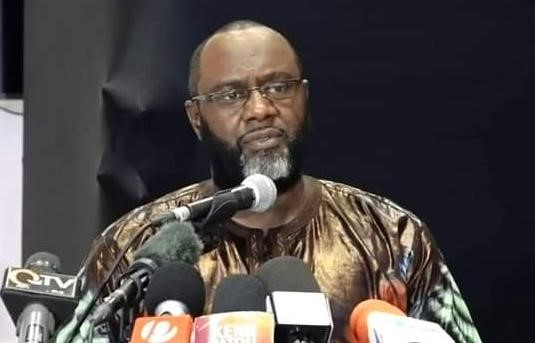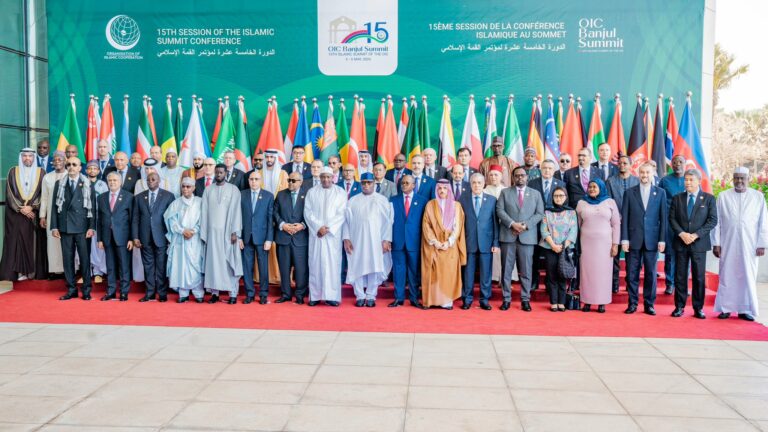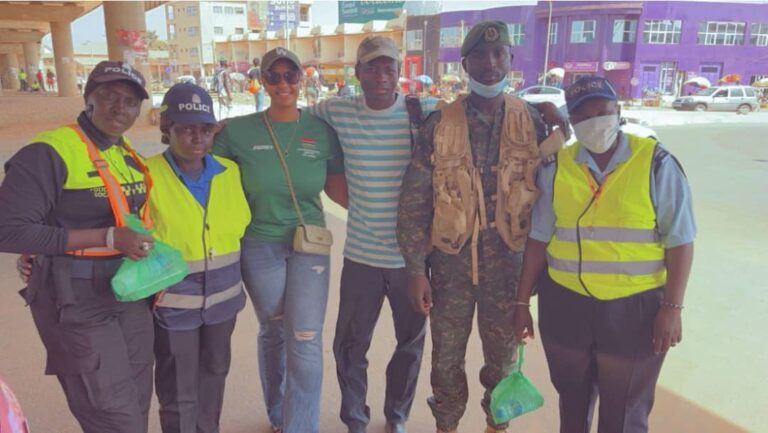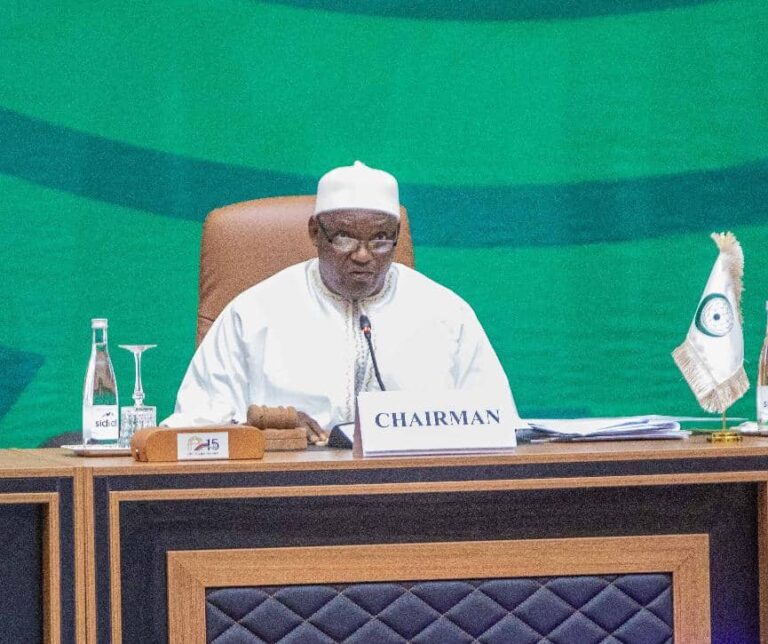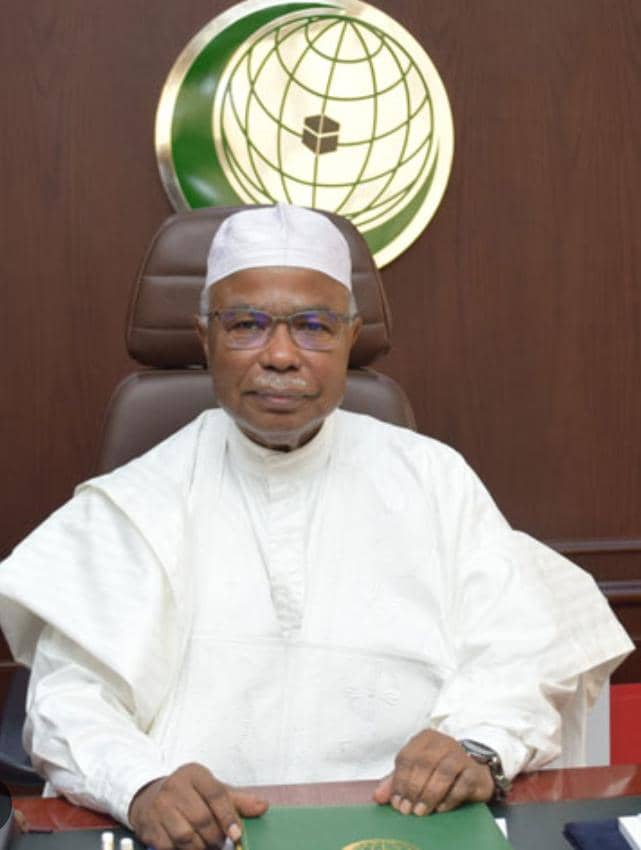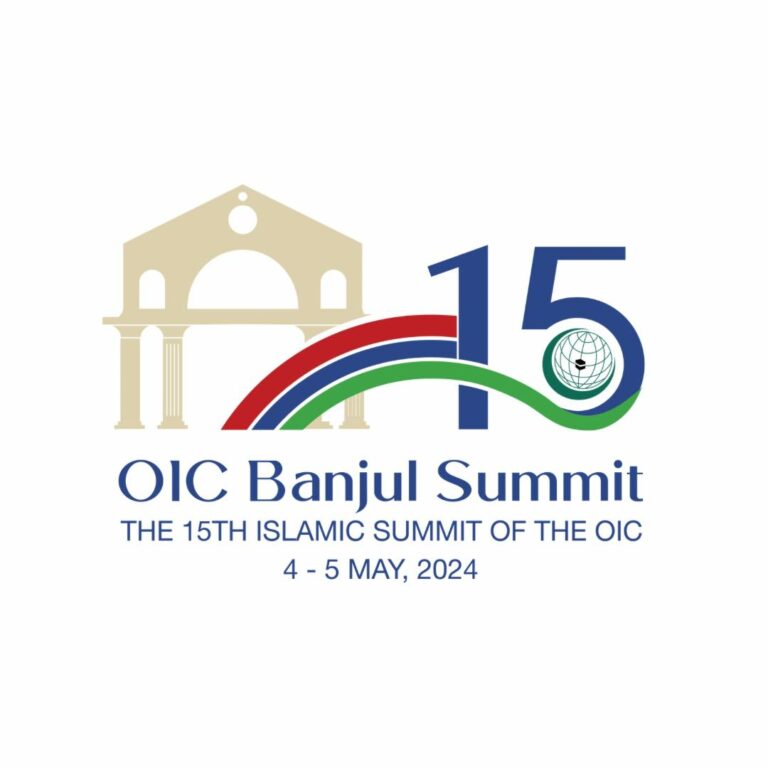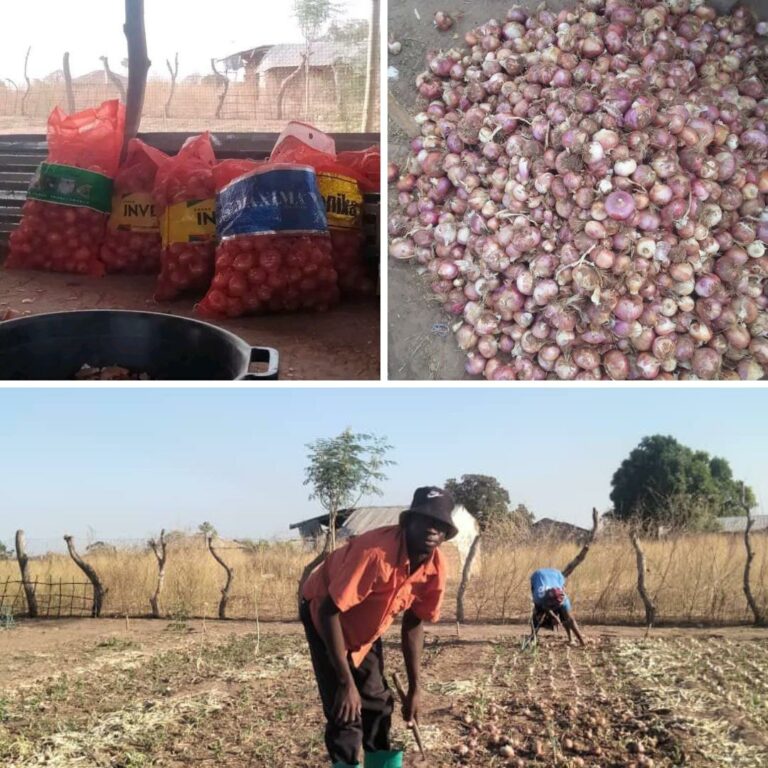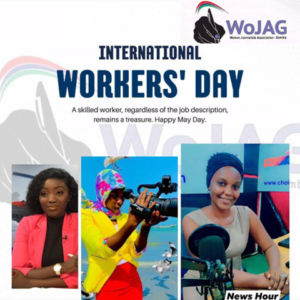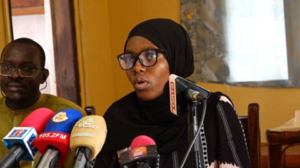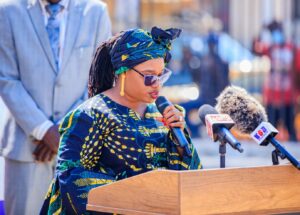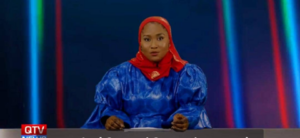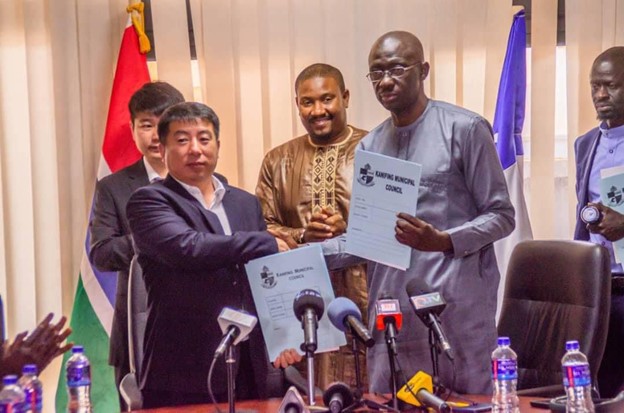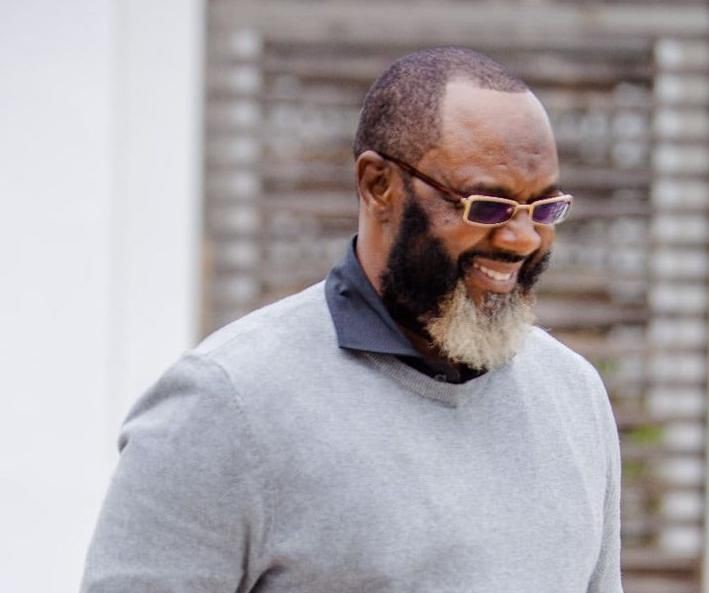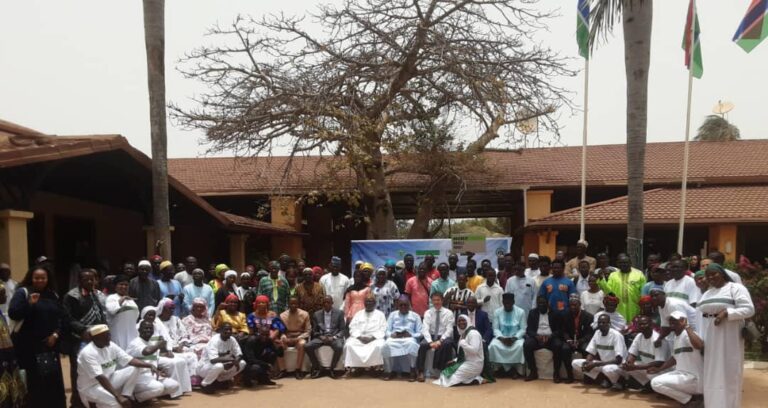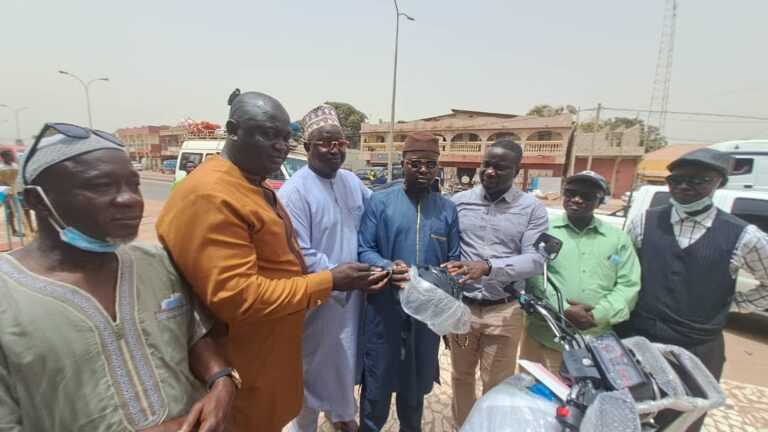IN MEMORIAM
My Uncle Naphew Jallow: Veterinarian, Political and News Junkie, Gentleman
By Cherno Baba Jallow
In 1981, Senegalese troops entered Gambian soil to enforce the return of Alhaji Sir Dawda Kairaba Jawara to power. He had been overthrown in an armed rebellion in that year.
In 2016, the Senegalese returned again, and this time to install Adama Barrow. The defeated incumbent, Yahya Jammeh, had refused to exit the scene. Senegalese and other West African troops eventually forced him out and into a life of exile.
As I watched, on social media. the entry of the Senegalese troops into Gambian territory in 2016, my mind hearkened back to a mid-morning, early August day —— the second or the third? —— in 1981 in Basse. I was a little boy. We had been playing soccer at the High Level football field. In the middle of our game, a distraction forced a lull in play. Our attention was drawn to the sirens coming from afar. But these turned out to be no ordinary ambulance sirens that rapidly go out of earshot They were faint at first. And then they reached a crescendo as the blaring reached the center of town. We all ran to the scene, the contiguous areas of the Basse market and the St Joseph’s Primary School, to be exact. We stood and watched as a Senegalese military convoy gradually eased its way out of town.
The soldiers, perhaps from Tambacounda or Jawbeh or Kolda, sat quietly, their guns, perhaps AK-47s, resting on their laps. They just glanced at us, showing no interest in any hand-waving, V-signs and public displays of machismo. Instead, they sat still, sheltered in armored countenance en route to the battlefield. They were headed to Banjul to quell Kukoie Samba Sanyang’s bloody rebellion.
Among the onlookers was my late uncle Mamadou Naphew Jallow. We all had converged on the main road to see what was taking place. We became unwitting witnesses to history.
The armed rebellion of 1981, which led to hundreds of civilian casualties, not counting those among the Senegalese intervention force, brought Gambian democracy to its knees. Jawara and his ruling PPP administration lived precariously, between comatose and dead.
To ardent supporters of the PPP, like Uncle Naphew, it seemed like a political world turned upside down. Their man Jawara had been toppled from power, albeit temporarily. Dissatisfaction with economic deterioration and unpunished corruption under his watch, had triggered the armed rebellion. Like many Gambians, Uncle was totally against the 1981 incident. There was no need for it, he would say. He was also concerned about the damage to Jawara’s standing and political fortunes in the incident’s immediate aftermath.
But the 1982 general elections, although leading to a decrease in PPP’s parliamentary majority, didn’t cause much dent in Jawara’s political dominance. He won 72.45% or 137, 020 of the total vote. His main rival Sheriff Mustapha Dibba of the National Convention Party, who campaigned from detention due to his alleged involvement in the incident of 1981, polled 57.55% or 52,136 of the total vote.
“Jawara did a lot better than I thought he could,’’ the Washington Post, quoting an anonymous Jawara critic, reported at the time. “After the chaos of the rebellion, people were more concerned about security than the price of bread or who was getting kickbacks on government contracts.”
******************
The 1982 general elections were consequential in two regards: First, it was the first direct presidential elections in The Gambia. And second, it was also the first time, and a feat that has still not been repeated in Gambian elections, that as many as five Independents won seats in the parliament in an election year. They all had wanted to run on the PPP ticket, but were rejected by the party’s leadership in favor of others, the incumbents. Buba M. Baldeh of Mansajang Kunda was the most popular one among these Independents. He easily defeated the incumbent MP Alhaji Kebba Krubally for the Basse constituency.
On the night of the elections, I sat with Uncle and a few others in the family courtyard waiting for the results. Uncle was a PPP man who went all in for Krubally, a next-door neighbor. Even though he had seen and acknowledged Baldeh’s popularity, Uncle was still optimistic of Krubally’s victory. It didn’t happen. Krubally’s defeat sent a shockwave in town and took an emotional toll on Uncle and many others.
All night long Uncle had been writing the results as they came in. He had been buoyed by Jawara’s numbers. Sometimes he would throw a fist in the air and blurt out an emphatic “Yes” to the announcement of yet another PPP seat-capture. Uncle was on a roll, but Krubally’s defeat was deflating. He had taken part in his campaigns, attending his rallies in Basse. In that year, Uncle also went on the campaign trail, joining fellow PPP supporters in trucks bound for Tumana, Kantora and Jimara constituencies. Sometimes he would be gone the whole day only to return home tired and hungry.
*****************
Uncle was born in Basse on November 8, 1944, two years after the opening of St George’s Primary School in Basse and once one of the best schools in rural Gambia. He attended St George’s, and Crab Island School in Banjul. He later went to Ghana in the early 1960s to study veterinary science. He nearly didn’t go. His parents, Guinean immigrants from Labe, didn’t want him away from the family. He was young and was moving to a far and foreign place. Parental worries, you know.
On his return from Ghana, Uncle picked up employment with the Department of Animal Health in Banjul. “With his salary, he was able to take care of all of us, me, your grannies and your mum,” Uncle’s and my mum’s younger brother, the late Alhaji Yaya W. Jallow, formerly with the Gambian Accountant General’s Office, told me.
Uncle later moved to rural Gambia, doing veterinary work in Karantaba Tenda, Baja Kunda, Kulari, Sare Sofie, Fatoto and other parts of the country. He visited several parts of the Upper River Region —- Walliba Kunda, Sare Gubu, Pasamass, Foday Kunda, Diabugu, Koina, Jeddah and others.
Following the Gambian government’s introduction of the Economic Recovery Program (ERP) in 1985, Uncle would be among many to be retrenched from the civil service. They were offered severance packages to start business ventures on their own. Uncle took his abrupt departure from government with a leap of faith. He was largely a very contented man.
******************
Uncle was generous, friendly and humble. He never cared that he was the one brewing the Attaya green tea and serving us, the young ones, lazying around. Usually, it should be the other way round —- the young brew Attaya for the old. Uncle didn’t mind. He was open-minded. We would have small debates on Gambian politics and soccer. He would narrate to us stories about Basse, about his travel experiences in rural Gambia and about his days in Ghana. He was a great collector of people. He made friends wherever he went. And they visited him at the family home, coming from various parts of the Upper River Region.
A product of the rigorous colonial educational system, Uncle spoke and wrote beautiful English. He wrote long beautiful letters to grandma, his two wives and my mum —- I know so because I read many of those letters for their recipients. Uncle also spoke fluent Serehule, Mandinka, Wolof and passable Aku.
Almost 25 years since his death, Uncle Naphew periodically enters my imaginations. I got my passions for the news and for politics from him. I grew up watching him read books and newspapers, religiously listen to the BBC and the Voice of America (VOA). And I also watched him in action, discussing national and international affairs with other people. He was well informed on the happenings, whether it was about The Gambia’s economic crisis in the early 1980s or about Jonas Savimbi’s decision to plunge Angola back into war in the early 1990s after losing the elections.
I am sure Uncle didn’t love politics merely for the fanfare of it. He certainly believed that he was doing it as a dutiful citizen, an active participant in his nation’s affairs. He also certainly believed that it was a government’s role to create the necessary conditions for sustainable livelihood. Public institutions and resources exist to cater to the welfare of the people.
On this fateful day in 1999, Uncle fell sick. He was taken to the Basse Health Center. It turned out that he needed a blood transfusion. Fast. But a matching donor couldn’t be found for him in Basse. So in a last-ditch, desperate move, he was rushed to the Bansang Hospital. Too late. Uncle died on the way.
The system failed him.

